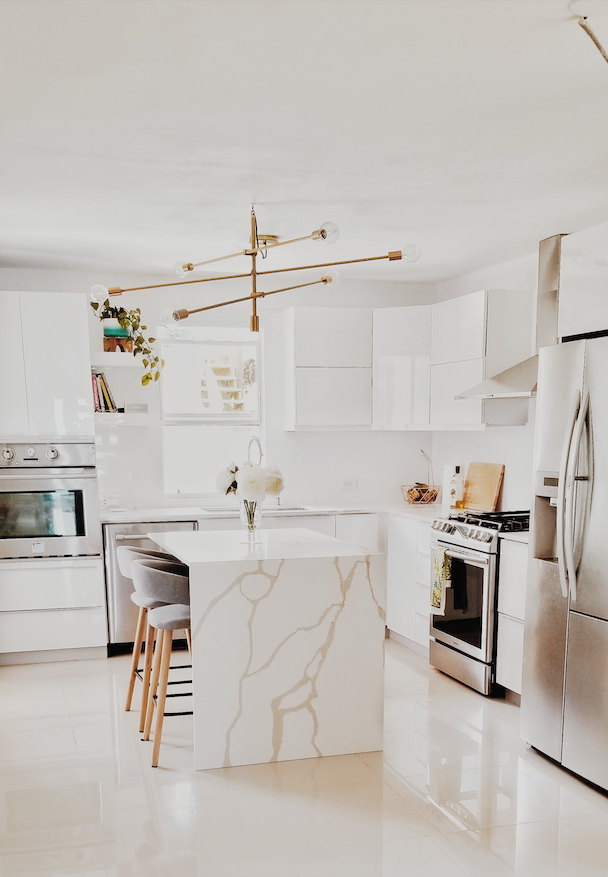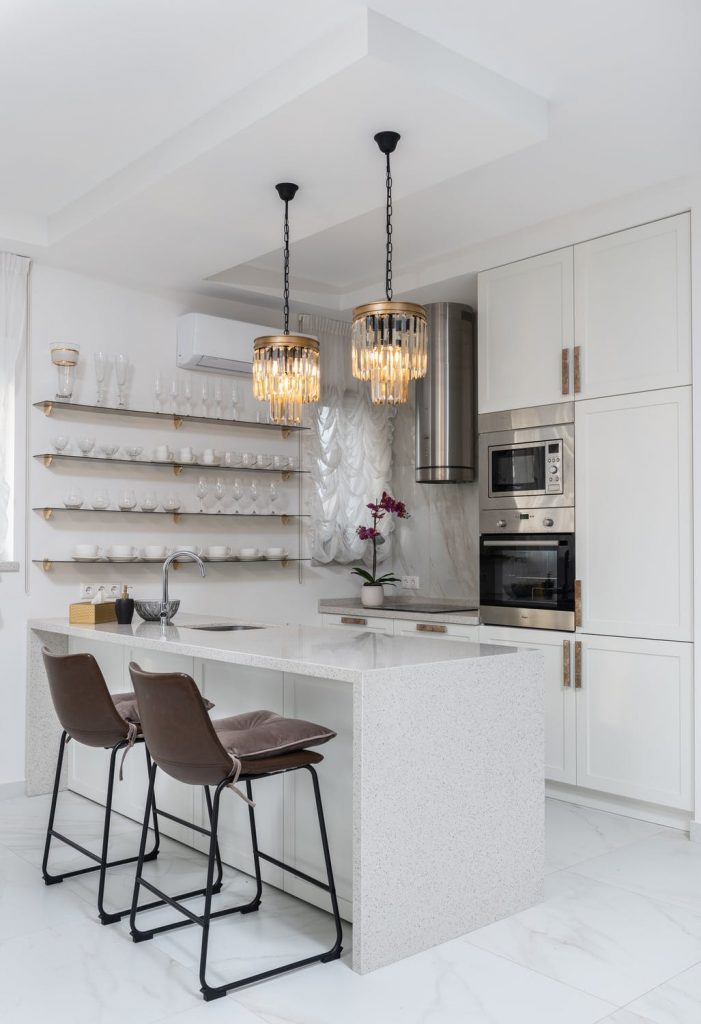A basement can be a great way to have a home gym without needing a specific space in your general home for that gym. However, if you’re not careful, a basement gym can also end up causing problems in the rest of your home. With these seven tips, you can make your basement into the perfect home gym.
1. Manage Basement Moisture and Humidity Early On
Working out in your basement means you’re going to be sweating, which can cause the moisture levels in the basement to rise exponentially. Invest in waterproofing strategies and possibly a basement dehumidifier to avoid these humidity problems.
2. Protect Your Basement Floors
Especially if you’re going to be lifting weights, it’s a good idea to do whatever you can to protect basement floors in your gym. Having a weight fall on an unprotected floor can leave cracks and even cause serious foundation problems.
3. Consider Your Installation Process
Most basements require that you bring things into the basement through the door, which can be surprisingly small in some cases. Make sure you can fit anything in your basement gym through the basement’s door.
4. Add Media Elements to Your Basement Gym
Sometimes, exercising can be a little easier if you just have the ability to watch a little TV or listen to some music while you’re doing it. Sure, this isn’t perfect for everyone, but for many people, media can help create the perfect exercise.
5. Warm Up the Basement Floor
Basement floors are often concrete, and that concrete sits directly against the outside floor, which can cause incredibly cold floors. There are, however, floor warming systems that can make it less bone-chilling to step directly on the cold floor for yoga or Pilates.
6. Think About Your Home’s Structural Strength
This is something many home gyms don’t have to think about, but some gyms absolutely do. For example, if you’re planning on adding a punching bag or a dance pole, you need to make sure the structure of the home can handle the stress this can place on the overall structure.
7. Make the Most of Your Basement Height
Basement height is often something that people think about when they’re considering an extremely large basement, but even in your home basement, you can probably make the basement seem taller than it is. An exposed basement ceiling can add a few inches to your basement height, making it feel a bit less constricted.
Conclusion
If you want to make sure that your basement home gym is working as expected, one of the most important things you can do is make sure you have a healthy basement before you install the home gym. That may mean talking to an expert before you go forward with your home gym plans to make sure everything ends up working out appropriately. No matter what, the safety of your home should always be your first consideration, even when you’re turning your basement into a home gym.



